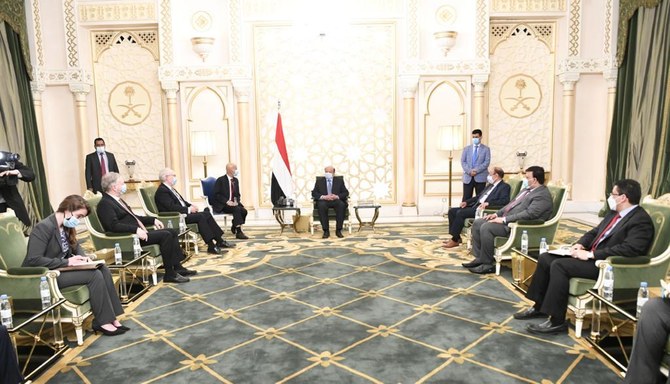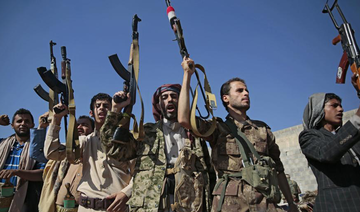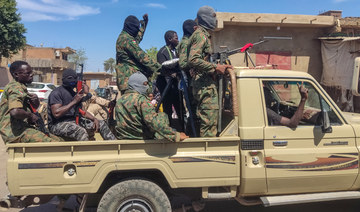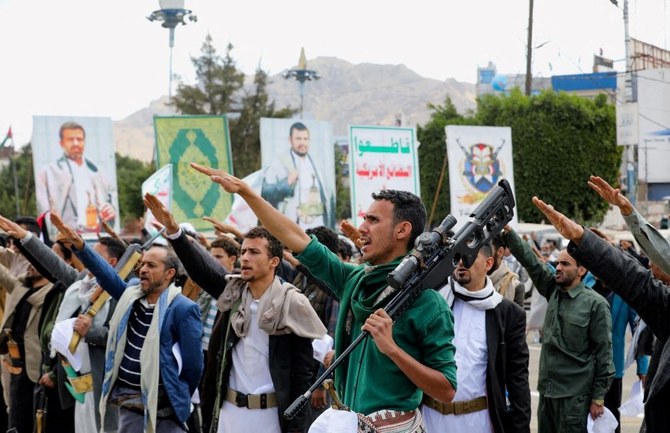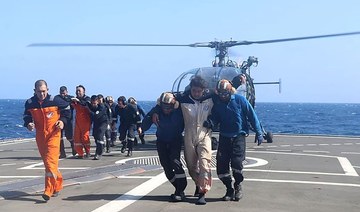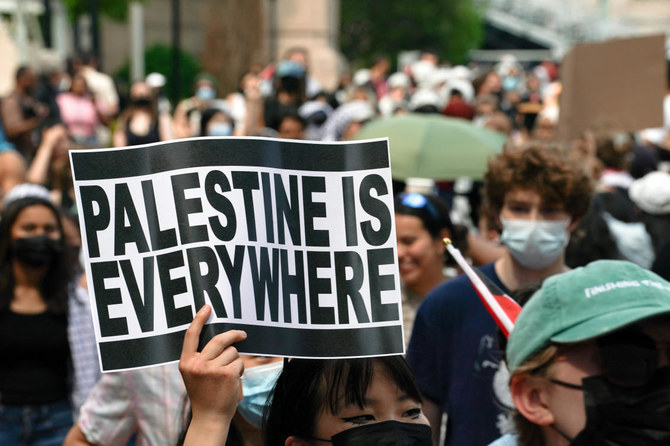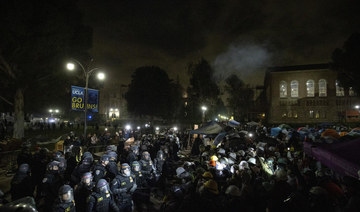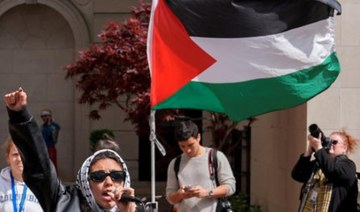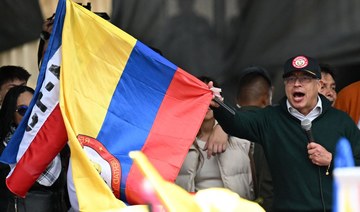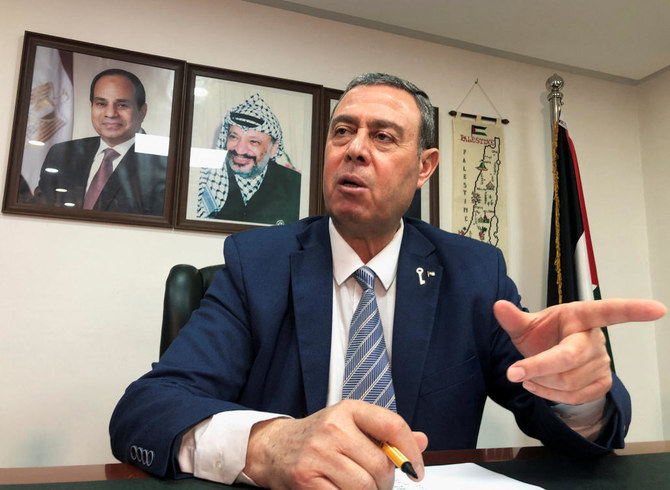AL-MUKALLA: Yemen’s President Abed Rabbo Mansour Hadi vowed at a meeting with the new US special envoy for Yemen on Thursday to support the American administration’s efforts to bring an end to the war in Yemen, the official news agency SABA said.
The Yemeni president told Timothy Lenderking that his government shares the same goals as the Americans in fighting terrorism, confronting Iran’s expansionist project in the region, protecting shipping lanes and implementing the Riyadh Agreement.
Hadi expressed optimism about the new US administration’s commitments to make a breakthrough toward a political settlement to end the war. He said that the Iran-backed Houthis had violated all agreements with his government — including the Stockholm accord — targeted residential areas in Yemen and Saudi Arabia with ballistic missiles and explosive-laden drones, and were currently launching a major offensive on the central city of Marib.
“We feel that the new US administration has more experience with Yemen and its affairs since it supervised the peaceful transition of power in Yemen (in 2012),” Hadi told the US official during the meeting in Riyadh.
The US envoy repeated his government’s support of the Yemeni government in Aden and its efforts to restore peace and services, agreeing with the Yemeni president about Iran’s “negative” role that fueled instability and violence in the region, SABA reported.
During another meeting with Lenderking on Thursday, Yemen’s Foreign Minister Ahmed Awadh urged the US administration and the international community to pressure the Houthis to stop their “barbaric” offensive on Marib and comply with peace efforts to end the war. He warned that the Houthi offensive and their missile and drone attacks on Marib would put the lives of millions of civilians at risk, torpedo peace efforts and prolong the war and the humanitarian crisis, official media reported.
Awadh voiced the same concerns about the impact of the Houthi offensive on Marib during a meeting with the UN Yemen envoy Martin Griffiths in Riyadh on Thursday.
“I underscored, during meeting with @OSE_Yemen, that Houthis continuing attacks against civilians in Marib by missiles threaten the peace process & exacerbates the humanitarian crisis. I called on #UN to exert more pressure on Houthis to stop their aggression,” the foreign minister said on Twitter on Thursday.
The large-scale military offensive by the Iran-backed Houthis to recapture the oil and gas rich city of Marib has sparked fresh demands from army commanders to quit the Stockholm Agreement and resume attacks on Hodeidah to ease pressure on government forces in Marib.
Commanders of two powerful military units located on the country’s western coast have demanded their seniors renew a major military offensive to liberate the Red Sea city of Hodeidah that was brought to a halt in 2018 under the UN-brokered Stockholm Agreement.
Brig. Gen. Tareq Mohammed Abdullah Saleh, the commander of the National Resistance, called on the Yemeni government to quit the Hodeidah agreement and regroup forces before resuming a push to liberate the city of Hodeidah to weaken the Houthis and alleviate military pressure on government forces in Marib.
“We repeat our call for the legitimate government to drop the Sweden agreement politically and to arrange ranks so that we fight as one front in Marib or in the (western) coast,” Saleh said in a Twitter post on Wednesday.
Similarly, the commander of the Giants Brigade, Abdul Rahman Al-Mahrami, demanded that his government declare the Stockholm Agreement null and void and direct forces to attack Hodeidah. He argued that the Houthis exploited the truce in Hodeidah to refocus attacks on Marib and other government-controlled areas.
A week ago the Houthis resumed an offensive to seize control of Marib, the government’s last bastion in northern Yemen, triggering fierce clashes with army troops and allied tribesmen.



